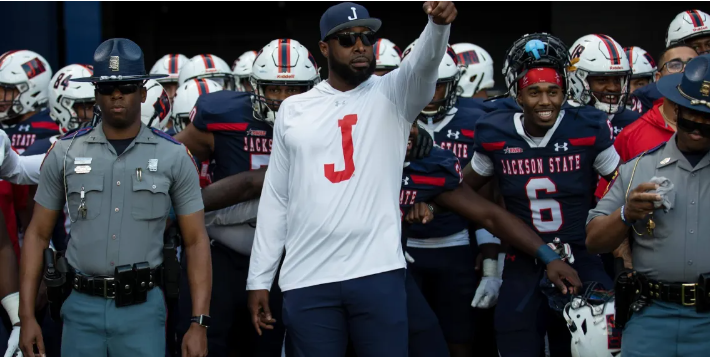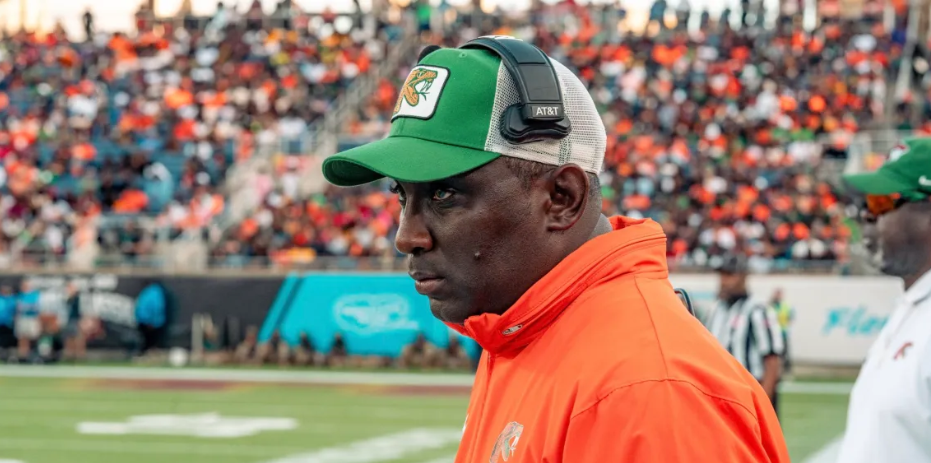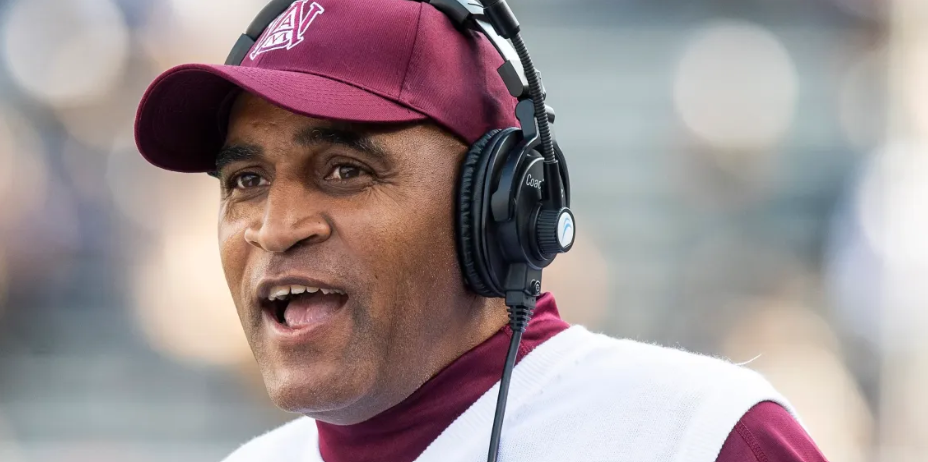
As the NCAA transitions into a free-agent market, HBCU football programs are also adapting to these changes. During Tuesday’s SWAC Media Day in Birmingham, Alabama, several coaches discussed how Name, Image, and Likeness (NIL) rules and the transfer portal have influenced their recruiting strategies.
Southern head coach Terence Graves, noting his adaptability despite being “old school,” emphasized a strategy that prioritizes recruiting the best high school players and junior college prospects, while using the transfer portal opportunistically. He described this approach as foundational to FCS recruiting, highlighting its continuity amid recent changes.
Meanwhile, coaches like James Colzie of Florida A&M and T.C. Taylor of Jackson State emphasized their programs’ track records of success. Colzie attributed the Rattlers’ recruiting strategy, bolstered by their recent 12-1 record and championship wins, to the strength of the FAMU brand and their ongoing efforts to build future successes.
Overall, as NIL and the transfer portal reshape collegiate athletics, HBCU football programs are navigating these changes with varied approaches, leveraging both traditional recruiting methods and recent successes to attract and retain top talent.

Taylor, entering his second season at Jackson State, emphasizes the importance of players promoting themselves through their performance on the field during recruitment. He stresses that coaches must also effectively sell the program to both players and their parents, highlighting the commitment to securing degrees and advancing to the next level.
Newly appointed Alcorn State head coach Cedric Thomas expresses confidence in the school’s NIL opportunities but emphasizes a merit-based approach. Thomas insists on prioritizing existing team members who have contributed over the years before considering financial incentives for newcomers. He plans to recruit transfer portal athletes who align with the team’s values and needs.
Alabama A&M’s Connell Maynor takes a pragmatic view on the business aspects of college sports, a sentiment likely shared by many coaches across various collegiate sports levels.

Maynor expressed concerns over the challenges faced by programs like Alabama A&M in recruiting players who are capable of playing at Power 5 schools. He highlighted that these players often prioritize opportunities where they can receive compensation through NIL deals or collectives. Understanding the competitive landscape of college sports as akin to free agency, Maynor acknowledged that athletes naturally seek the best financial opportunities available to support themselves and their families. He recognized the difficulty in recruiting under these circumstances but accepted it as the current reality of collegiate athletics.

Leave a Reply